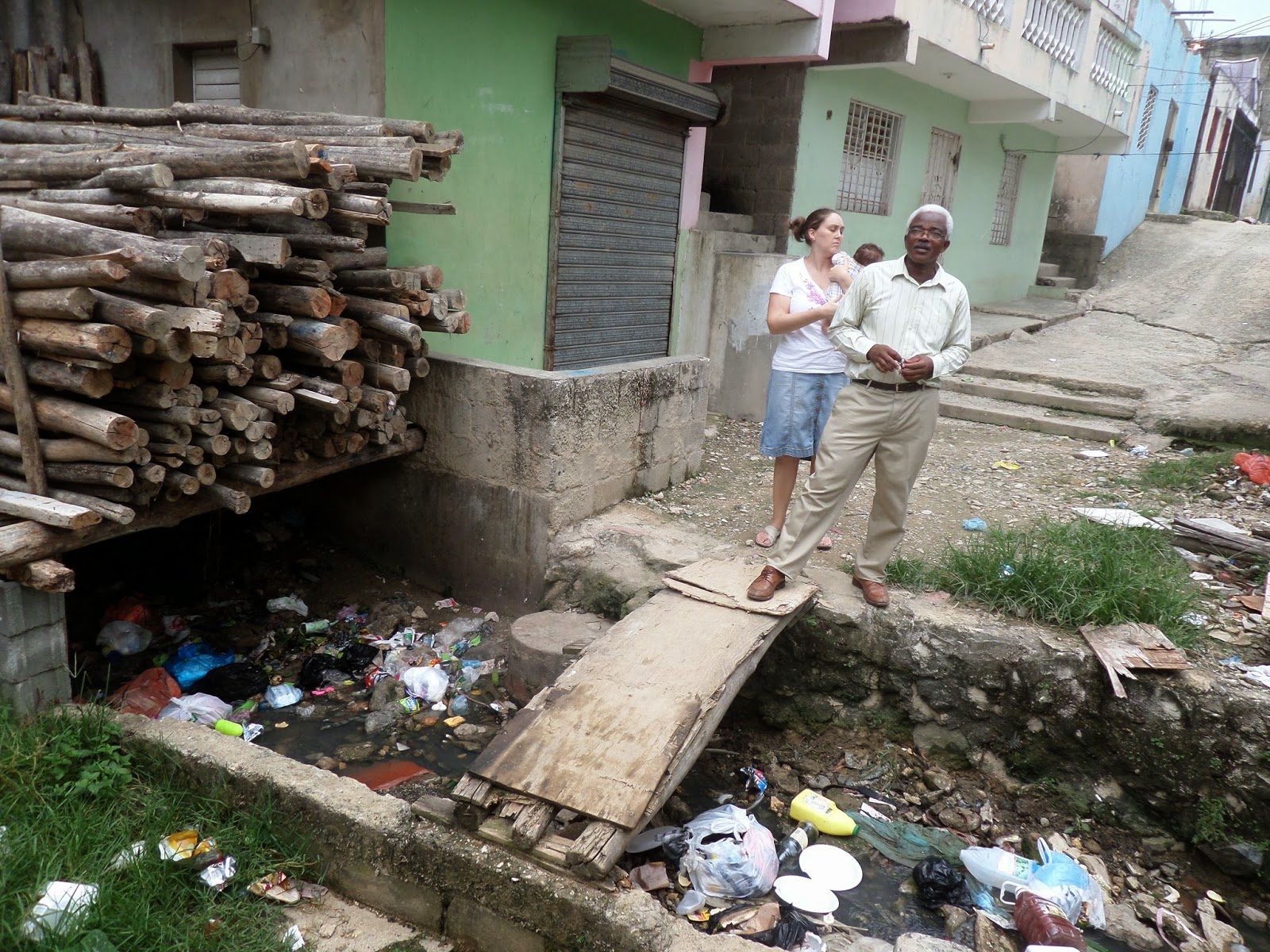I received an email recently that summarizes a few of the
main points in the book by Brian Fikkert When Helping Hurts: How to
Alleviate Poverty without Hurting the Poor and Yourself. This is a book
I’ve read a couple of times now. I believe it's important and have been praying for wisdom and opportunities to do more development-type ministry and less relief-type ministry.
We all know the Bible talks a lot about the poor, and it
clearly teaches us that we are to have compassion for them and help them. What’s not so clear is exactly how we are to
do that.
Here are a few quotes from the email that summarizes the
book:
“Have you ever been part of a mission trip? Ever ladles soup into the bowls of the
hungry? Sent shoes to an African village
or built houses in impoverished neighborhoods?
Have you ever thought about what happens to those people after you leave? When the soup kitchen closes? When the shoes wear out, and the villagers
are still hungry?”
Tough scenarios right?
In his book When Helping Hurts, Brian Fikkert "does not intend to discourage donations of time
or money geared toward charity, but does want to help charity get better at
actually helping those in need."
"When we try to help the poor, we try to make them more like
us – materially rich. But giving
hand-outs can be a dangerous and vicious cycle, increasing the pride of the
giver and the shame of the recipient, without ever addressing the roots of poverty.
"The reason that trying to fix poverty with material things
doesn’t work is because material poverty is just a symptom of the root causes
of poverty....
Fikkert proposes three broad ways of help the poor – relief,
rehabilitation and development.
Relief is what people need right after a crisis, when they
are incapable of providing for themselves.
This is the immediate, temporary aid provided in an emergency. Relief is not a means of treating a chronic
condition; if relief work is done with the situation calls for development,
then people are enabled to remain unchanged.
Rehabilitation is the process of restoring people and
communities to pre-crisis conditions
Material assistance could still be provided, but those in need are
directly involved in the process of changing their lot; they exercise their
gifts and attributes to contribute toward their own improvement. Not only will this leave them able to provide
for themselves once the aid is gone, but working is also better for people
recovering from a crisis, for it gives them fulfillment, worth, and hope for
the future. Working is part of image
bearing, which is part of emerging from poverty.
Development is a long-term venture. It’s about walking with the poor into new
arenas that they’ve never been in before and helping them be stewards of what
they have. This process of ongoing
change moves people closer to reconciling broken relationships.
We must reevaluate how much our efforts are helping the poor
in the long-run, and how we can make adaptations to help more
developmentally. We must always work to
help the poor with the goal, not of making them more like us, but of helping
them realize and live out who they are in the image of God.
This information is all taken from an email I received recently from the Institute of Faith, Works and Economics. I just thought it was important and wanted to share it. I am praying for more opportunities to get involved with Rehabilitation and Development here in the Dominican Republic.














